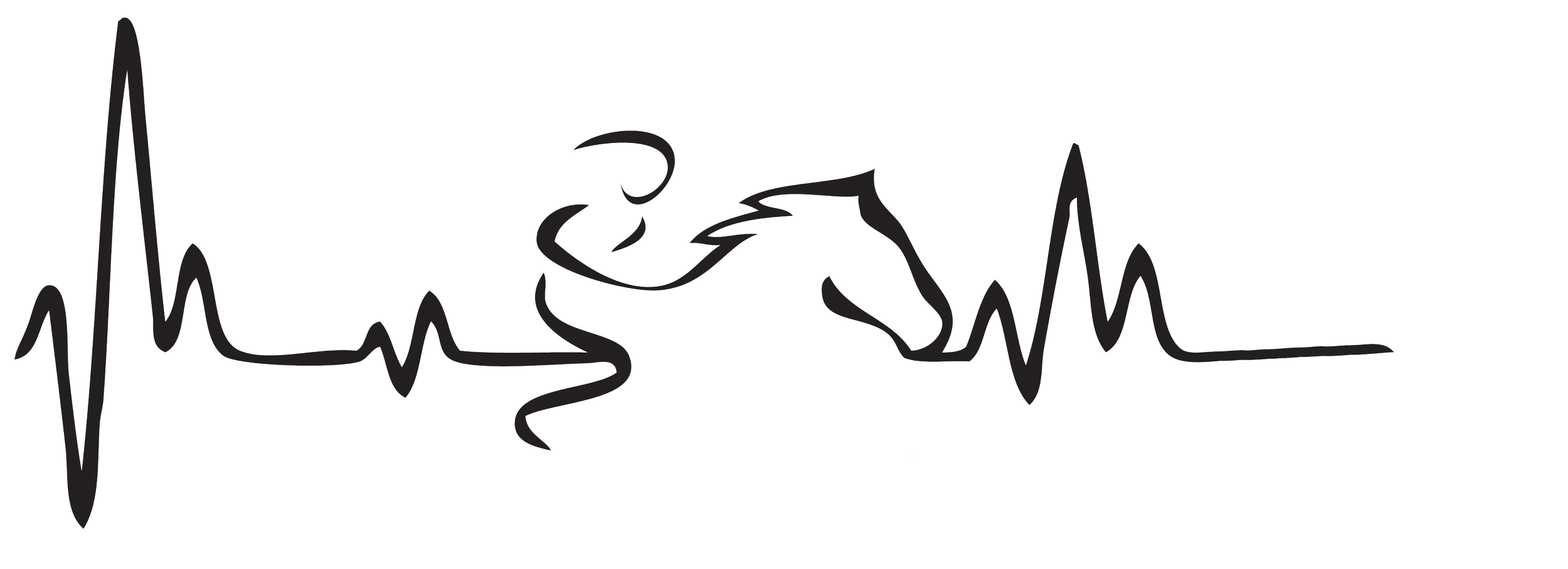ABOUT THOSE "BIG FEELINGS"
ABOUT THOSE "BIG FEELINGS"
It's been another week of lots of changes. Have you found yourself moving from extreme emotions, or even just a variety of emotions in what seems like minutes?. Here's how one person described a typical day in "lock down": " I wake up after not the world's greatest night of sleep, saying today is the day I'm going to stay positive all day. And it works, for awhile. Then, something happens. I turn on the news, and there are more changes that impact me and my family negatively. I go to Facebook, and people are arguing politics, and everyone seems to be mad at one another. My mood shifts and changes, and I feel not just down, but down right discouraged. A bit later on in the day, I'm finding myself angry at the simpliest things.. a coffee cup left out on the counter, the dog randomly barking. Then, a half an hour later, I talk with a friend on the phone, and I feel more optimistic again. By later in the evening, I'm exhausted, sore, and down again. WHAT'S WRONG WITH ME?"
Here's the short answer: Absolutely nothing. What you are describing is a completely normal response to grief and trauma. That being said, before we discuss it a bit further, it is very important to say that if you are having any thoughts of self harm or suicidal thoughts, please reach out to someone immediately. A family member, your PCP, your area mental health hotline. In Kalamazoo County you can dial 2-1-1. But the truth is, most of us are not at that place, thank goodness. That does not mean that what you are experiencing is not real, not very difficult, and not extremely challenging. It's also completely normal. So, what to do with the roller coaster of big feelings?
First of all, most therapists believe that knowledge is power. That means, simply, that just knowing that what you are experiencing is your mind and body's response to a traumatic situation can be helpful. What is happening in our country is traumatic for all of us. When we look at our friend, the horse, we can see just how trauma response plays out. In this case, As often, horses can give us humans some good insight.
When we experience trauma, which is event plus vulnerability, (and it is important to recognize that none of us is more vulnerable than children), a part of our brain temporarily stops working as well as it should. We respond in one of a few ways--fight, flight, freeze, or even numbing out. We see it in horses, when something spooks them--often they are like "get me out of here!".. That's flight. We know what fight looks like in our human world too (ergo those Facebook fights, and/or arguments in our homes). We can numb out, or freeze too--lots of extra sleeping, emotional eating, numbing out in front of the tube or video games.
The good news is, that one of the ways of looking at these roller coaster of emotions is that in some ways, it is not only normal, but one of the ways your brain is protecting you. The good news is, also, that if you are gracious and gentle with yourself, and cut yourself, and others, some slack, you are able to utilize tools that can help with this mood regulation.
First, acknowledge that this is a traumatic time and you are not on your "A" game. Extend some grace to yourself, and do something to change or improve your moods. If you are angry, turn off Facebook, or the news. Move, stretch, go for a quick walk. It is proven that moving, even a little bit, builds on itself and gives you momentum. Good sleep and eating hygiene is critical too.
When we know that Fight, Flight, Freezing, or Numbing out are all NORMAL responses to trauma, we can be gracious with ourselves and others. Any movement or mindfulness activity that brings you into the present can help. Also, be kind to yourself: don't just notice the times when you think you are not "handling" this difficult situation correctly---think of the times when your mood is good or positive, and celebrate those times If you had them once, you can have them again.
It can sometimes be helpful, if you are able to, to watch some horse videos on YouTube, or look at the wonderful Cheff videos and pictures. It's a great way to practice mindfulness, and ask yourself, what you think you are observing in horse behavior. If we can externalize our focus for a bit, it can often help with emotional regulation.
What we're experiencing with our emotions is NORMAL. It's certainly not always fun. However, we encourage you to try some of these suggestions, and we'll continue to have more for you too.
This is not a normal situation, and it is so helpful to remember, that you are not alone, and this, too will pass. Your friends at Cheff can't wait to have you back, and we'll be posting pictures and videos for you to practice mindfulness and in the moment skills.
A peaceful day to all from your friends at Cheff Center.
